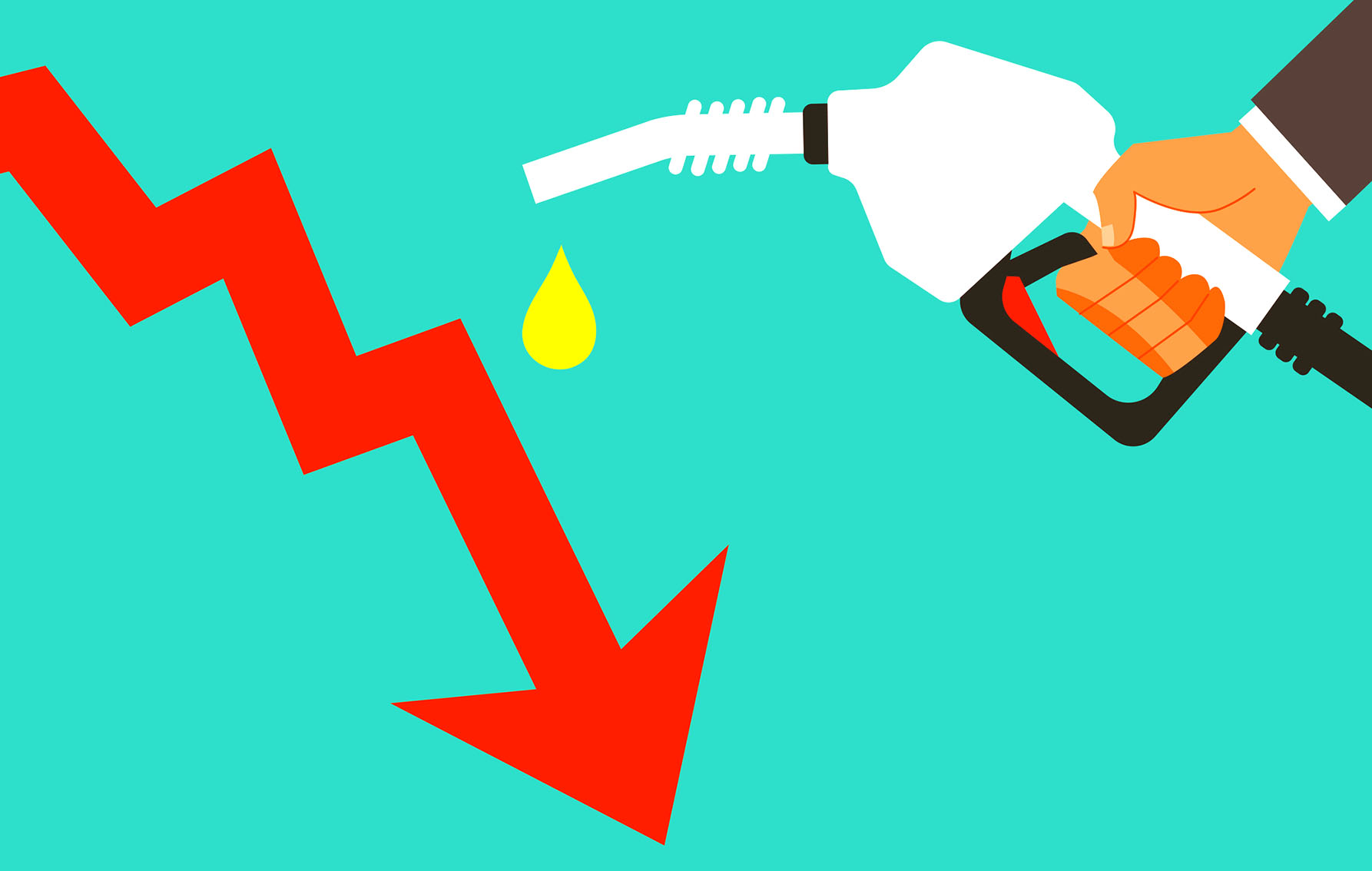The fuel price gods have finally smiled upon South African motorists. For months, the pinch at the pumps has hurt pockets, but next month, the petrol price is expected to drop by almost R1 a litre.
This welcome relief comes at a critical time for many households that have been battered by economic headwinds. The decline in fuel prices is attributed to a combination of global economic factors, including increased US tariffs and concerns about global economic growth. A stable rand-dollar exchange rate and lower international oil prices, with Brent crude oil dipping to $73.54 per barrel, have also contributed to this trend, marking a notable reversal from the recent surge in fuel prices that drove up producer inflation.
Read more: Some relief in store for consumers as fuel price set to drop
What this means for you
The Central Energy Fund (CEF) has crunched the numbers, and it is looking good. Here’s a breakdown of the expected decreases:
- Petrol 93: down 74 cents per litre
- Petrol 95: down 88 cents per litre
- Diesel 0.05%: down 94 cents per litre
- Diesel 0.005%: down 96 cents per litre
This shift in global fuel prices is a notable reversal from recent trends. In fact, recent producer inflation data revealed that fuel prices had been a significant driver of inflation, with prices rising 0.7% month-on-month in February.
Economist predicts a bigger cut
As the fuel price landscape continues to evolve, Efficient Group chief economist Dawie Roodt expects an even more substantial decrease. Roodt said: “I feel the decrease will be around 90 cents to R1 a litre… and in fact, I believe in two months time the South African Reserve Bank could be in a position to cut interest rates.”
Senior FNB economist Koketso Mano echoed the same expectation of fuel prices falling by nearly R1 a litre in April. “We did see crude oil prices soften going into March, supported by the prospects of higher supply, mainly from Organization of the Petroleum Exporting Countries (OPEC). In addition to that, you know, the potential for a US-brokered deal to seize the Russia-Ukraine war could eventually see a liberated movement of Russian oil in the global market."





